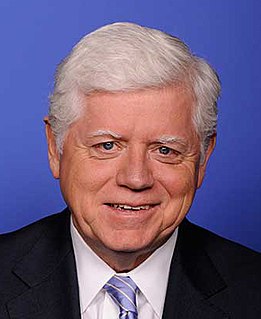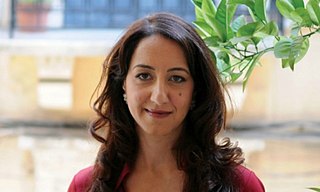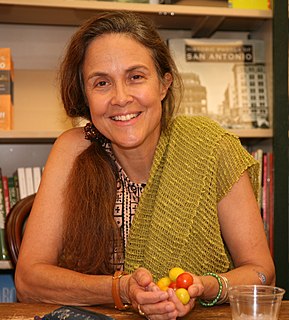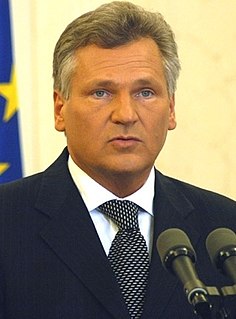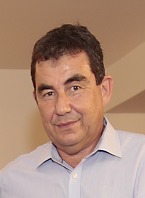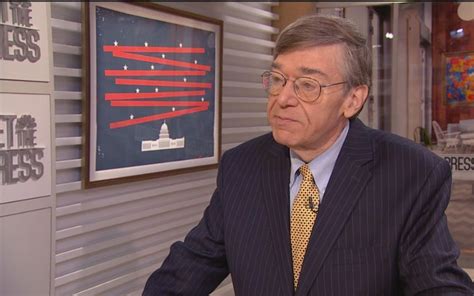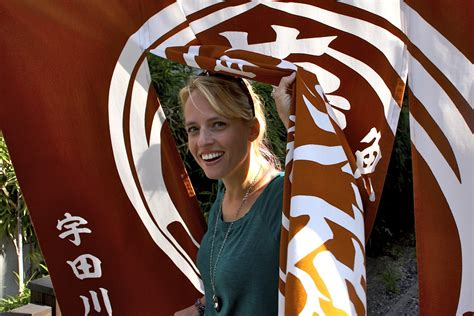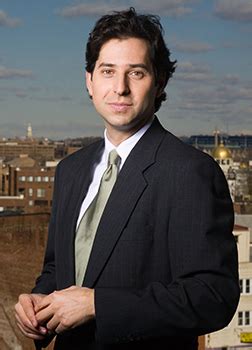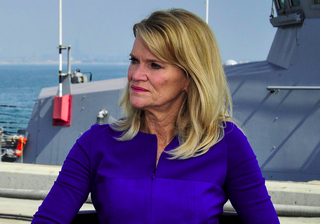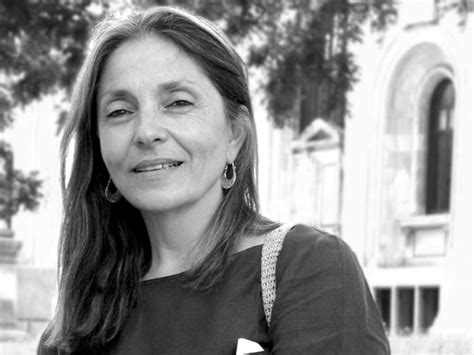A Quote by Annia Ciezadlo
Part of the reason you see so little about this in the Western media is that Iraq was closed off from the outside world for so long under Saddam. But I think there's a deeper reason, which is that it messes with our assumptions - not just about Iraq, but about culture and human nature.
Related Quotes
I certainly have no regrets about overthrowing Saddam Hussein. I'd do it again. And, yes, there are a lot of things that I think we'd all do differently. Maybe we made some erroneous assumptions about the fabric of the society in Iraq and about the solidity of some of the institutions. And yes, there are a lot of things I would do differently. I'd probably work to rebuild Iraq from the outside in, rather than concentrating so much on Baghdad, for instance.
I also came to see that liberalism's superficial optimism concerning human nature caused it to overlook the fact that reason is darkened by sin. The more I thought about human nature the more I saw how our tragic inclination for sin causes us to use our minds to rationalize our actions. Liberalism failed to see that reason by itself is little more than an instrument to justify man's defensive ways of thinking. Reason, devoid of the purifying power of faith, can never free itself from distortions and rationalizations.
I talked about the human suffering in Iraq. And I also saw the need to advance a freedom agenda. Imagine a world in which Saddam Hussein was there, stirring up even more trouble in a part of the world that had so much resentment and so much hatred that people came and killed 3,000 of our citizens. I've heard this theory about everything was just fine until we arrived and the stir-up-the-hornet's- nest theory. It just doesn't hold water, as far as I'm concerned. The terrorists attacked us and killed 3,000 of our citizens before we started the freedom agenda in the Middle East.
Instagram is a media company. I think we're about visual media. I explain ourselves as a disruptive entertainment platform that enables communication through visual media. I don't think it's just photos. There's a reason we don't allow you to upload photos on the Web as albums. It's not about taking all these photos off your DSLR putting them into an album and sharing them with your family. It's not about that. It's about what are you up to right now out in the real world, how can you share that with everyone.
There has been a good deal of comment — some of it quite outlandish — about what our postwar requirements might be in Iraq. Some of the higher end predictions we have been hearing recently, such as the notion that it will take several hundred thousand U.S. troops to provide stability in post- Iraq, are wildly off the mark. It is hard to conceive that it would take more forces to provide stability in post-Saddam Iraq than it would take to conduct the war itself and to secure the surrender of Saddam's security forces and his army — hard to imagine.
It's about trying to step out of being patterned and closed off and reclusive, which I've always had a problem with. It's about attempting to be normal and just go out and be around other people and hang out. I have a tendency to sometimes be pretty closed off and not see people for long periods of time and not call anyone.
In my head, thought, I would love to do an interview where it's just sort of de-constructed - the talking points of Iraq - sort of the idea of, is this really the conversation we're having about this war? That if we don't defeat Al Qaeda in Iraq, they'll follow us home? That to support the troops means not to question that the surge could work. That, what we're really seeing in Iraq is not a terrible war, but in fact, just the media's portrayal of it.
During the Gulf War, I remember two little third grade girls saying to me - after I read them some poems by writers in Iraq - 'You know, we never thought about there being children in Iraq before.' And I thought, 'Well those poems did their job, because now they'll think about everything a little bit differently.'
I think the Americans are dying to leave Iraq. I was against the war but longed for the fall of Saddam; the decision to go to war clearly was taken long before the matter reached the U.N., given its inevitability. I kept my fingers crossed for the emergence of democracy in Iraq even if that would mean victory for a man whose politics I have little sympathy with.



